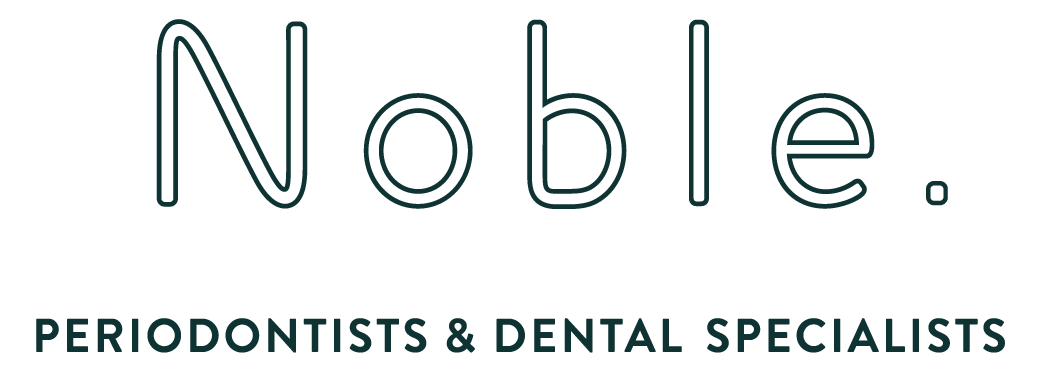Child Dental Care - Are we letting ourselves down?
The onset of COVID-19 has dramatically highlighted the importance of oral health for children, as a backlog of children in New Zealand are experiencing problems getting to community oral health clinics for care. As reported by the New Zealand Herald these long waits for dental check-ups are resulting in urgent problems with delayed treatment.
A recent study showed that the volume of NZ hospital admissions for dental care in young children has steadily increased since 1990, and current events suggest that those numbers won’t be going down any time soon. The question is - what can we do about it? There is no simple answer, as the problems are multifaceted.
Child Poverty
The Child Poverty Monitor indicates that there is an estimated 13.4% of children in New Zealand living in households experiencing material hardship - meaning they struggle to access food, and suitable clothing. With this in mind, dental care for children like these can easily become a low priority. With the price and accessibility of sugary food and drink, it is not hard to conceive of how these children experience major issues with their oral health.
If you want to help, charities like Child Poverty Action Group and Salvation Army work to combat child poverty in New Zealand.
Awareness
Unfortunately, there are many children and families who are simply unaware of the importance of dental care, or how best to take care of their children’s teeth. With this in mind, it becomes extremely important that educating parents and families is undertaken with cultural competence and respect.
Child and youth dental care is a community effort, and we can not rely on dental programmes in schools to do the work for us. A 2020 study showed that many parents don’t understand how to enrol their children in publicly funded dental care; and even when they do, the process can be difficult and convoluted. We must work together as a community for the wellbeing of our children, staying informed and educated so we can share our knowledge.
Second Chance Thinking
The final reason many people do not feel overly concerned about their children’s oral health is because of something we call ‘second chance thinking’. This is where people think that, because we have two sets of teeth (adult and baby), we get a ‘second chance’ with our adult teeth. For many caregivers, forcing children to clean their teeth and avoid sugary snacks is just too tiresome. But we must emphasise again that preventative dentistry is universally acknowledged as the most successful form of dental care.
This means stopping problems before they happen. Not many people realise that dental problems in children can result in pain, the inability to eat, and learning and social challenges. Baby teeth are important for a child’s physical and social development, so it is essential to prioritise their oral health routines.
At the end of the day we want our children to have great teeth, because we want our society to have great teeth. With the level of which dental health can affect your physical and mental wellbeing, why not emphasise the importance of oral care routines from an early age? Let’s equip our young people for a happy and healthy life, with happy and healthy smiles.

